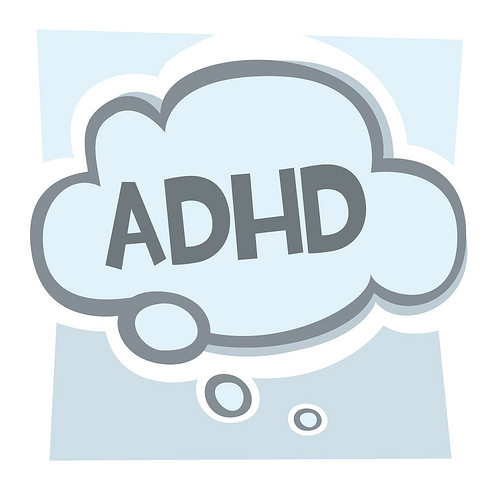ADHD: Dr. Daniel Amen Says This is the Brain Disorder of Boredom
[AMAZONPRODUCTS asin="B00VR39LMW"] ADHD: Dr. Daniel Amen Says This is the Brain Disorder of Boredom - Vol. 374, August 11, 2016 I found Dr. Amen’s last article to be of keen interest to…




